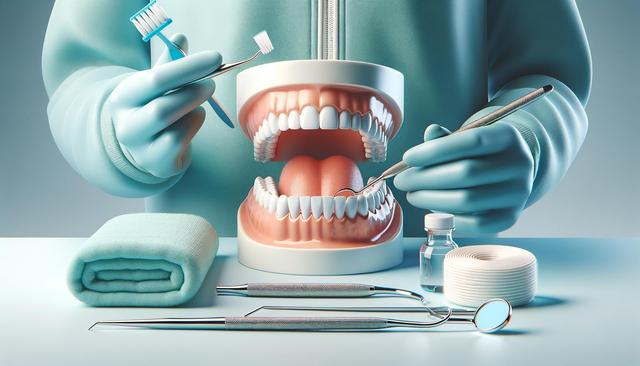Why Interest in Dental Hygiene Careers Is Growing
In recent years, more individuals have been exploring careers in dental hygiene, and this trend shows no sign of slowing down. The demand for preventive dental care, along with an aging population, has increased the need for qualified dental hygienists across many regions. This career path appeals to those who are interested in healthcare but may prefer a more focused or specialized role within the dental industry. The ability to make a meaningful impact on patients’ oral health, often through long-term relationships, also adds to the appeal.
Many prospective students are drawn to dental hygiene programs because they offer a clear path to licensure and employment. These programs are typically structured to be completed within two to three years, making them a relatively quick route to entering the workforce compared to other healthcare professions. Additionally, dental hygienists often benefit from flexible working hours and a variety of work environments, including private practices, public health clinics, and educational institutions.
The Structure and Curriculum of Dental Hygiene Programs
Dental hygiene programs are designed to blend theoretical instruction with hands-on clinical experience. This integrated approach ensures that students are well-prepared to meet the demands of the profession upon graduation. The coursework typically includes subjects such as:
- Oral anatomy and physiology
- Radiography
- Periodontology
- Patient assessment and care planning
- Preventive dentistry and nutrition
In addition to classroom instruction, students spend a significant amount of time in supervised clinical settings. Here, they perform cleanings, take x-rays, and educate patients on oral hygiene practices. This real-world experience is critical not only for skill development but also for building confidence and competence in a professional setting.
Career Opportunities and Advancement
Becoming a dental hygienist opens the door to a variety of career opportunities. While most hygienists work in dental offices, the role is also found in community health organizations, schools, and corporate settings. Some go on to specialize in areas such as periodontal therapy or pediatric care, while others pursue roles in research or public health policy.
Career advancement is also possible with additional education or certifications. For example, a dental hygienist may become a clinical instructor, dental hygiene program director, or even transition into healthcare administration. Continuing education courses and professional development workshops are often available and encouraged, helping hygienists stay updated with the latest practices and technologies in dental care.
Appeal of the Profession to a Diverse Student Base
Dental hygiene programs attract a wide range of students, from recent high school graduates to adults seeking a career change. The combination of a relatively short educational timeline, job stability, and competitive compensation makes the profession appealing across various demographics. Additionally, the ability to work part-time or full-time allows for better work-life balance, which is particularly attractive to parents or individuals with other commitments.
The profession also welcomes those with a strong interest in science, health, and patient care. Many students are drawn to the social aspect of the job, as dental hygienists often develop lasting relationships with their patients. The opportunity to educate and empower individuals about their oral health adds a fulfilling dimension to the work.
The Role of Accreditation and Licensure
Before enrolling in a dental hygiene program, it’s important for prospective students to ensure the program is accredited by the appropriate governing body. Accreditation ensures the program adheres to national standards and prepares students for licensure exams. In most regions, passing a written and clinical exam is required to practice legally as a dental hygienist.
Licensure also ensures that hygienists maintain a certain level of professional competency. Many regions require ongoing education to renew licenses, which helps to keep skills current and aligned with evolving dental practices. Prospective students should research their local regulatory boards for specific requirements, as these can vary by location.
Conclusion: Is Dental Hygiene the Right Path for You?
For those interested in a healthcare career that combines science, patient care, and job flexibility, dental hygiene presents a compelling option. The structured yet diverse nature of dental hygiene programs provides a solid foundation for entry into a respected and growing field. Whether you are starting your career or considering a transition, this path offers both personal and professional rewards. With the increasing focus on preventive care, skilled dental hygienists will continue to play a vital role in promoting and maintaining oral health in communities.




Leave a Reply